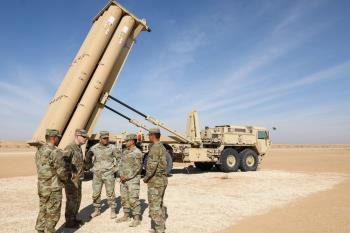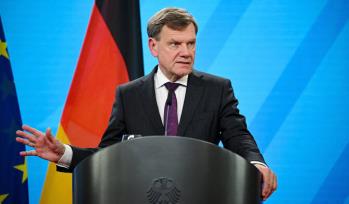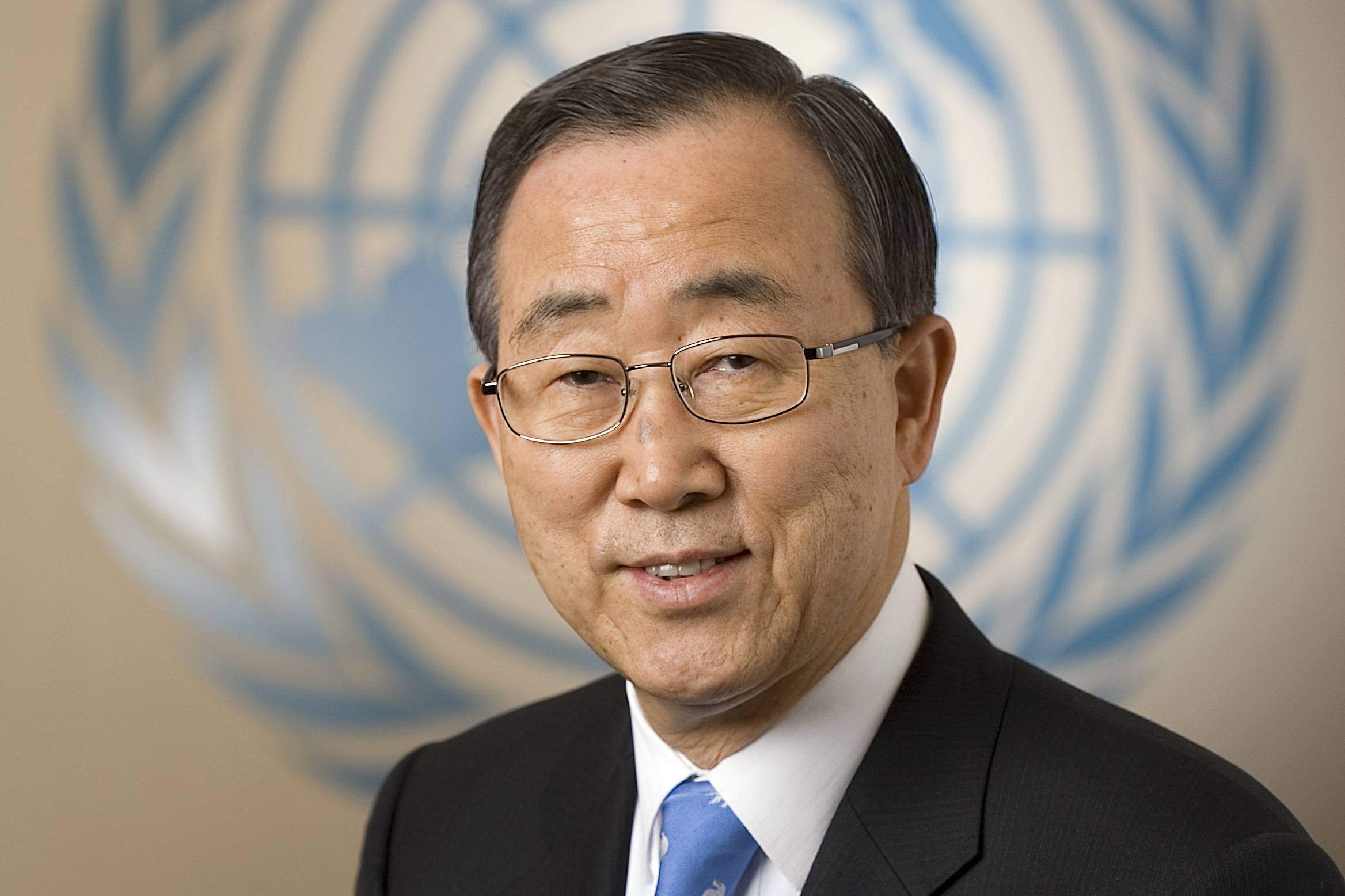Alwaght- The name of the man who is going to replace Ban Ki Moon as U.N Secretary General has been announced: Antonio Guterres. With the end of Ban’s second 5-year term around the corner, a question raises itself: what has he done for the world?
The South Korean diplomat has been called the worst secretary general in U.N history. Invisible, powerless observer, and a nowhere man: these terms have been used to describe the outgoing chief.
For the past ten years he has failed to deal with crises around the world effectively, probably because those who placed in power wanted him to do just that.
Syria
Ban has been criticized for his inaction on the Syrian crisis, but for the wrong reasons. Western critics claim he should have presented a harsher case against Syrian President Bashar Assad instead of continuously calling for a political solution to the bloody conflict.
But Ban has been anything but helpful to Damascus and he has certainly fallen short of helping the Syrian people out of the quagmire they have been trapped in.
When he took the world stage for the last time as secretary-general, Ban lashed out at leaders "feeding the war machine" in Syria, violating human rights and preventing aid deliveries to starving people.
He said "powerful patrons" on both sides in the years-long Syrian conflict "have blood on their hands."
"Present in this hall today are representatives of governments that have ignored, facilitated, funded, participated in or even planned and carried out atrocities inflicted by all sides of the Syria conflict against Syrian civilians," he remarked.
Yet, he failed again to name the culprits. He failed to point the finger at Washington, Tel Aviv, Riyadh, Ankara, the terrorist organizations they fund and the so-called moderate opposition they support.
Last year, “shame” and “anger” are feelings he expressed at the international community’s “impotence to stop the war”. He failed to mention lack of will.
In short, he failed to end the war on Syria, to hold terrorists accountable, and to mitigate the pains of the Syrian people. Not because he couldn’t but because he wouldn’t.
Neglected Causes
While much rhetoric was devoted to the Syrian crisis, Ban was lambasted for standing idly by as South Sudan fell into a bitter bloody civil war and Yemen became the victim of oil-rich Saudi Arabia.
Ban repeatedly called for a cessation of hostilities in Yemen. His words of course lacked action. Even worse, when it came to defending the victims of the Saudi aggression, he wavered. After he blacklisted the Saudi-led coalition for killing children in Yemen in May, Ban retracted the report. The pressure from the Persian-Gulf Arab foreign ministers was apparently too much to handle. So went the rights of Yemeni children down the drain.
Ban’s administration was also criticized for turning on the whistle-blower who spoke of accusations of sexual abuse by UN peacekeepers in the Central African Republic in 2014. Inaction toward the rising number of sexual abuse allegations have angered the world as the “blue helmets” are supposed to protect people not hurt them.
Another mishap on Ban’s record is the way he tackled the Haiti cholera crisis in 2010 following the earthquake. Experts claim the source of the disease, which killed more than 9,300 Haitians was a UN peacekeeping camp.
In August, the UN confessed to having had a role in the outbreak but denied being responsible for the contagion after six years of absolute denial.
“Achievement”
When asked to sum up his rule earlier this year, Ban claimed he was proud of his achievements.
“This will be judged by historians and by the world,” he said.
“But as far as I am concerned, I have been devoting all my time and energy and my passion to work together with the member states to make this world better, in terms of sustainable development, climate change, gender empowerment and youth empowerment.”
“I have been trying to be the voice of voiceless people, and defender of defenseless people around the world.”
The world, however, may beg to differ.
Heading Nowhere
At the same time, Ban is merely the smokescreen. There are powers behind his rise to the position, why he received a second term, and how he deals with issues at hand.
According to the New York Times, Ban’s inaction is not only his own fault
“But the fault lies as much with those who chose him as with the man himself. That’s something critics should keep in mind now and the next time the post comes open, in 2016. If the U.N.’s member states really want more effective leadership, they should hire someone actually able to provide it — and then get out of the way when he or she tries.”
What the article does not mention, however, is that the leadership premeditatedly decided that Ban’s role would be restricted because having someone breathing down their necks is not useful.
Ban’s submissive personality was convenient. World powers and money-wielding states could simply wave their cards in his face and Ban would comply. Turning a blind eye here and there, would solve their problems.
Then again, the entire establishment is seen as a puppet in the hands of world powers, an official organization that could cover up their crimes and serve their interests. It is also believed to be an efficient tool to exert pressure on countries that stand as obstacles to these interests. All they have to do is wave the human rights card whenever possible, of course the western-defined human rights.
That’s why Ban has not led the world anywhere with his policies. And that’s why the world shouldn’t expect much of the former Portuguese prime minister who is expected to fill Ban Ki Moon’s shoes. It is just a matter of time before the new face of the organization that claims to “promote international co-operation”, avert conflict, and protect human rights will be dubbed another nowhere man.



























